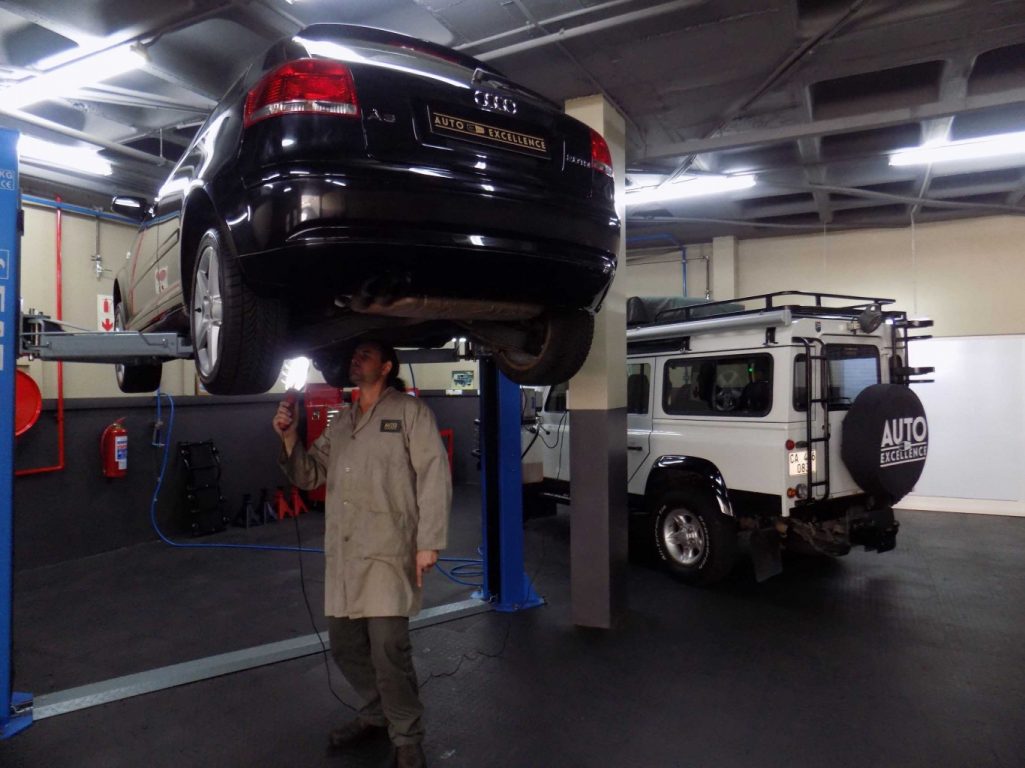Knowing when to repair or sell your car
Choosing to repair or replace your car is a decision that requires a lot of thinking. Of course, it’s easy to say that you would prefer to have the option of driving around in a new, fancy car. But at the end of the day, it all comes down to what you can afford.
If you are only facing a few services at affordable rates, it’s best to do the numbers and weigh up the pros and cons. However, if you feel that you are throwing money away every couple of months, you might need to make a decision to sell your current car. While there is no guarantee that your new car won’t give you trouble, the risk is worth it if it’s going to save you in repair and maintenance costs in the near future.
If you choose to keep repairing your older car, here are a few tips to consider:
- Shop around for reliable repair services
Depending on the type of repair services you need, you will have to meet with a professional who can
give you a proper diagnosis. Sometimes backdoor services can lead you to further issues down the line, just because you are looking for the most affordable option. Of course, saving costs is your ultimate goal when it feels like you’re constantly sending your car in for services. But, if you want your service to last for a long time, you will need to send it to a reputable dealership which can assist you with a repair. During this experience, shop around for various quotes and don’t agree with the first price you hear.
- Educate yourself on doing your own service
There are some services you can do yourself if you learn how to perform them. For example, changing your air filters, oil or windscreen wipers. Being able to attend to a few things yourself will allow you to cut back on costs and pay for important services.
- Understand what is critical and what isn’t
When your vehicle goes in for regular services, you will quickly learn what is important and what isn’t. While everything is important at some stage, there are critical elements that need to be attended to urgently before it affects driving ability and puts you at risk. Safety issues with your brakes, tyres, battery or your alternator need to be fixed immediately, while your air conditioning can wait.
- Set a budget for your repairs
If you decide that you would rather repair your vehicle than buy a new one, you need to have a safety net of money saved for future repairs. If there is something specific that is going wrong with your vehicle and needs to be changed, save for that particular part and have it fixed. As you know, the older your car, the more problems crop up when you lease expect it. If you cannot cure your ongoing car issues but only treat the issues as you go along, regular maintenance will give you a clear understanding of what parts and repairs cost. This way, you will be able to budget accordingly for future expenses.
If, on the other hand, you choose to sell your troublesome car and start doing some car buying research, here are a few tips for choosing new or used vehicle options from trusted second-hand car dealers:
- New
While some people prefer to purchase vehicles right off the dealership’s showroom floor, it’s important to note just how much your “new” car will depreciate the moment you leave the dealership. In fact, the return on investment is not worth the rapid depreciation value. Although one of the major pros is that you will not have many maintenance problems and it will probably be a reliable vehicle which is what you want, you will never be able to make your down payment back on a brand-new vehicle that you buy. If you’re financing your new car, you will need to be prepared for high repayment costs and interest rates.
- Used
Buying a car from a second-hand car dealer is an affordable long-term investment. If you have managed to receive some money from your current car sale and have some money to put down on a down payment, your prepayment amount will be far less and with smaller interest rates. It’s important to note that “used” does not mean your car choice will not be of value, it’s simply a second-hand option from a pre-owned dealer. With a used car, your insurance rates will be lower as well as your depreciation value. These are all perks to owning a used car, making it affordable and without putting you into debt.
Final thoughts
As you can see, keeping your car and selling it are both feasible options, depending on your circumstances. But sometimes it’s just not worth affecting your safety and funds by constantly having to book your car in for repairs. If you need to find a more reliable car for your lifestyle, consider used cars as your first option.
Also view:
Vehicle Finance, Car Insurance and Road Safety
Buying and Selling a Vehicle – Informed decisions and the Vehicle Retailer
The Online Vehicle Retail Market and Safely Selling Vehicles Online
Also view:
Buying Quality Auto Parts and Safety on the Road
Vehicle Checklist, Roadworthiness and Safe Driving
